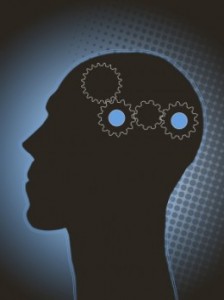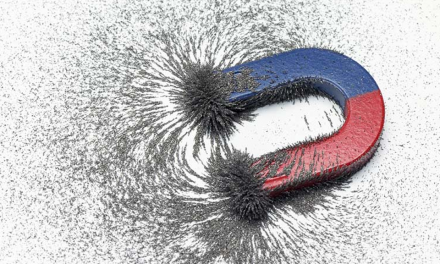 The human mind and human memory is truely one of the wonders of the world that we live in. Somehow experiences, knowledge can all be stored in our brain and recalled in split second almost by an unbidden instinct. In this article we look at some of the chemistry and biology (that we know of so far) behind this miracle of nature.
The human mind and human memory is truely one of the wonders of the world that we live in. Somehow experiences, knowledge can all be stored in our brain and recalled in split second almost by an unbidden instinct. In this article we look at some of the chemistry and biology (that we know of so far) behind this miracle of nature.
Types of Memory
Memory is the brain’s ability to recall information from the past and it generally falls into 3 categories :
| 1. | Sensory |
| 2. | Short-term |
| 3. | Long-term |
Take a look at this web-page, then close your eyes and try to remember what is on it. Your ability to recall what this page looks like is an example of your sensory memory. Depending on whether or not this page is important to you will determine how likely it is that it will get passed on to your short-term memory. Can you remember the last thing you did before reading this? That is your short-term memory and is a bit like a temporary storage facility where the less-important stuff can decay over time, whereas the more important stuff can end up in the long-term memory.
So How Does It Work?
It works via complex neurological mechanisms that are not yet identified. However, scientists know some of the basic principles of memory. In addition, memory can change over time and it can mix with our fantasy.
Three stages of memory
Three stages of memory have been identified :
| 1. | Encoding |
| 2. | Storage |
| 3. | Retrieval |
1. Encoding stage : – Environmental information is translated into and stored as a meaningful entity that the brain can understand. This is similar to converting information like text, pictures and videos into binary language on a computer.
2. Storage stage : – Here stored information is maintained over time. Here it is similar to putting information into to a hard drive. In the case of computer RAM it maintains information through electric charge.
3. Retrieval stage : – Taking out memory information that are previously encoded. This is similar to taking out the binary information and converting that to meaningful something.
Our senses are constantly being bombarded with information. Electrical and chemical signals travel from our eyes, ears, nose, touch and taste receptors and the brain then makes sense of these signals. When we remember something, our brain refires the same neural pathways along which the original information travelled. In this way, you are almost reliving the experience by remembering it.
You can also read more on Human Memory in our article entitled : What is the Memory Capacity of the Human Brain ?




